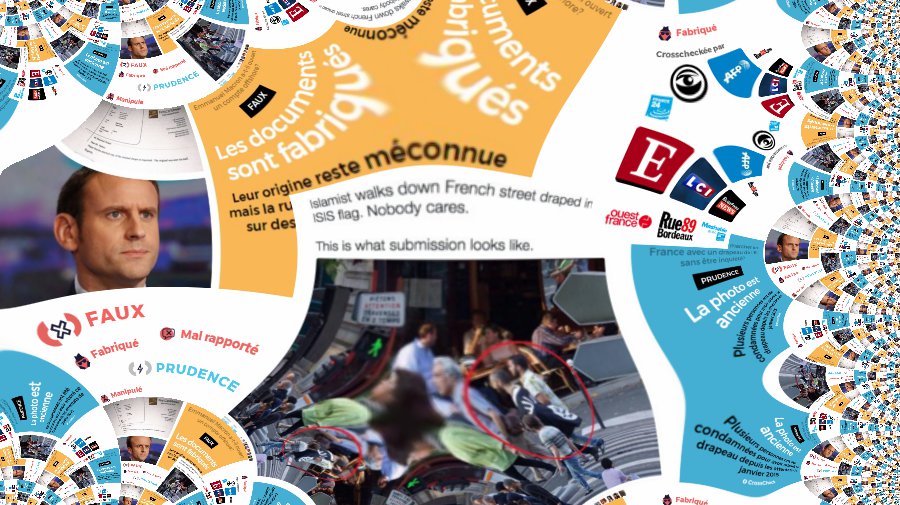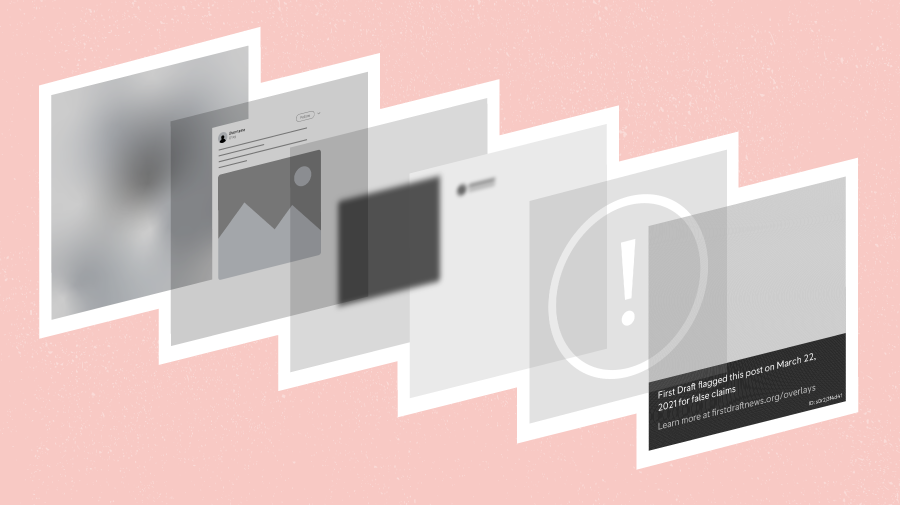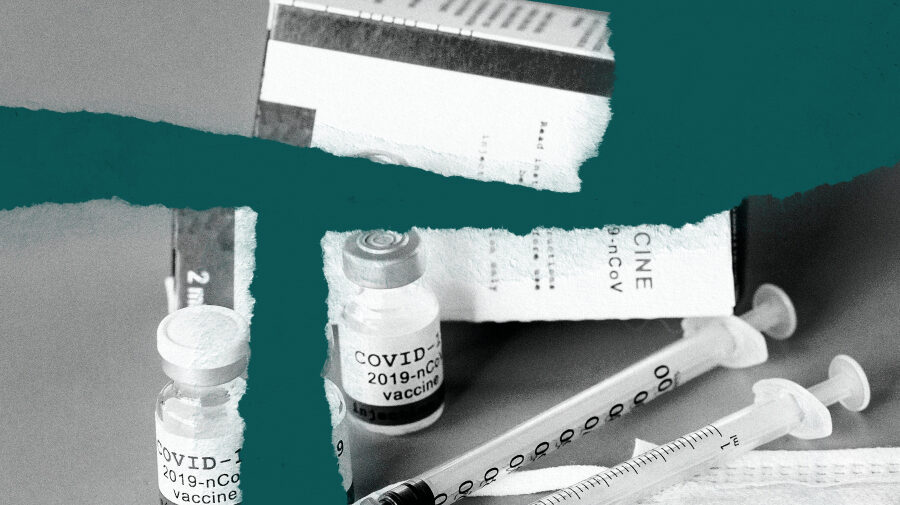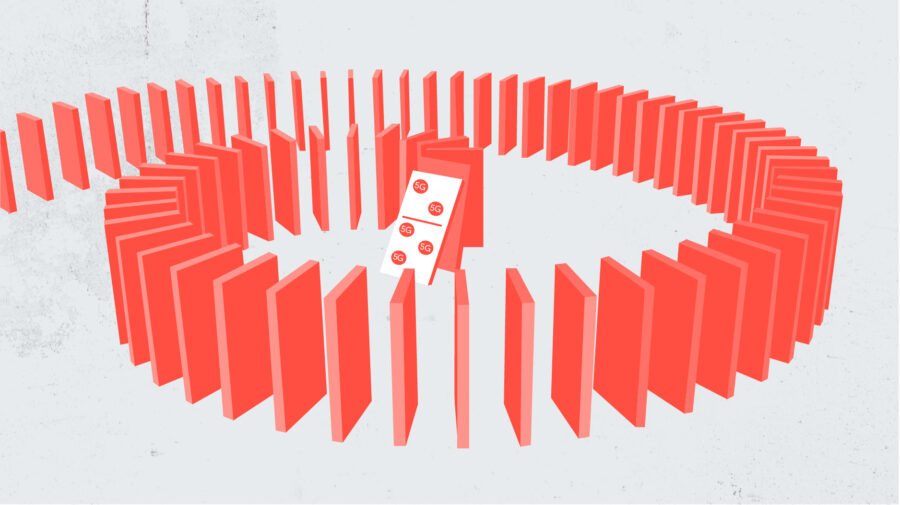First Draft is pleased to announce that we have been awarded a Knight Prototype Fund grant to conduct research to define how fact-checks and debunks can be presented to maximize their effectiveness. The Fund was generously supported by the John S. and James L. Knight Foundation, the Democracy Fund and the Rita Allen Foundation, who launched an open call in March for solutions to stifle misinformation and build trust in journalism.
The grant will support our collaboration with Dr. Lisa Fazio, assistant professor of psychology and human development at Vanderbilt University, who will pursue a series of experiments to determine the persuasive effect and memorability of debunks published by CrossCheck during the 2017 French presidential election.
CrossCheck is First Draft’s real-time, collaborative verification project that was first designed to help the French electorate navigate the misinformation ecosystem. In designing our debunks for CrossCheck, we made several conscious design choices in an attempt to ensure readers would walk away from our content remembering the right information, and not what had been discredited. We avoided restating false information by framing stories around questions and offered simple, striking icons to improve readers’ memories for the truth.
These choices were made, and the ensuing research is critical, because previous studies — including many from Dr. Fazio — have shown that interventions designed to combat misinformation can sometimes further ingrain the misinformation in memory. Dr. Fazio has been studying the effects of misinformation for more than 10 years and has shown that rereading false information makes it seem more true, even when people know the correct information.
“Repetition can bolster belief in statements, even those that squarely contradict our prior knowledge,” said Dr. Fazio in a press release from Vanderbilt. “Unfortunately, people tend to remember false information, and even if it is debunked, they sometimes forget that it was labeled as false or unreliable.”
Dr. Fazio has also shown that interventions designed to increase detection and avoidance of false information often fail. The current research will help show to what extent our design choices helped and what we and other fact-checkers and verification specialists can do better moving forward.
Among others, the research will answer four questions:
- What is the impact of wording the headline as a question, as opposed to repeating the rumor?
- Did the inclusion of icons indicating the type of misinformation (e.g., satire, misleading content, manufactured content) help readers to better understand the misinformation ecosystem?
- Did displaying of logos from different newsrooms side-by-side resonate with the audience and positively impact levels of trust?
- Were the debunks more effective when they were seen on the CrossCheck site or when they were seen on the sites of the newsroom partners?
First Draft is committed to testing the assumptions underlying our initiatives, so as to ensure we are aiding the public in deciding what and who to trust when they encounter information on the Internet. Our dangerously compromised information ecosystem cannot afford any less.
We are grateful to the John S. and James L. Knight Foundation, the Democracy Fund and the Rita Allen Foundation for supporting us in this effort.






